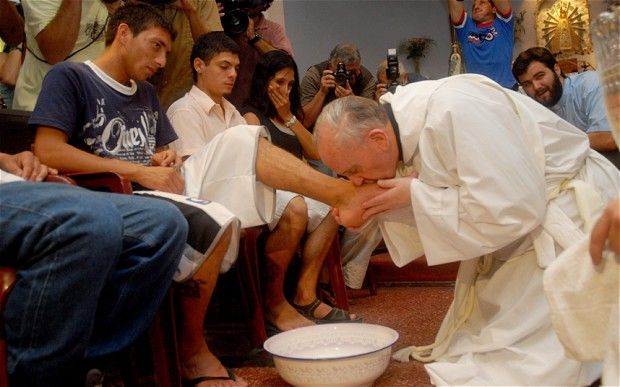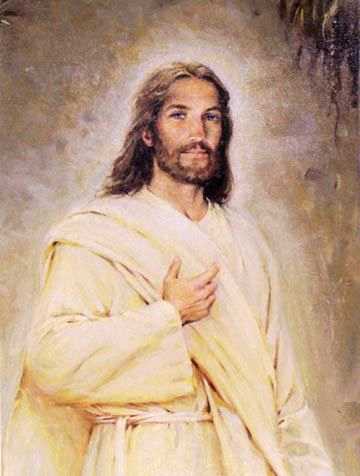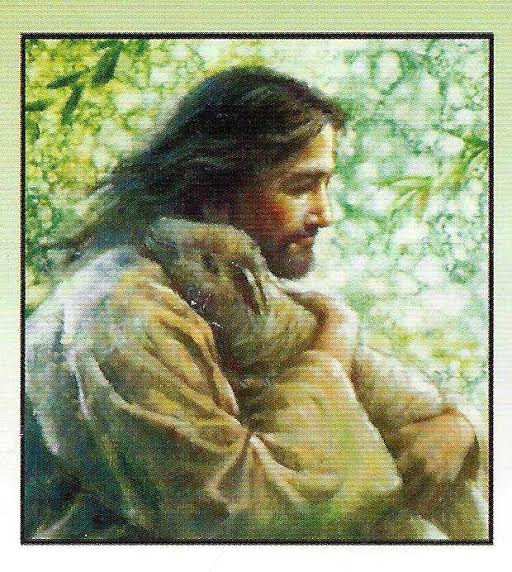Pope Francis’ Beautiful 2014 Letter to New Cardinals
Pope Francis’ 2014 Letter to New Cardinals
Thanks to our dear friend Bob Campbell for sending us the translation of Pope Francis’ letter to newly appointed Cardinals. One of the great things about having a close friend/family member who is a Deacon is that they constantly share Jesus’ message of love, humility, and compassion. Speaking of love, humility, and compassion, these virtues are prevalent in Pope Francis’ letter to the new Cardinals who were designated yesterday.
Here below is the translation of the Pope’s letter. The bolded portion of the letter represents the message that resonated with me the most. This message is consistent with Pope Francis’ teachings since his installation as Pope.
It’s also consistent with his actions. Whereas popes of the past have been known to view themselves almost as kings, Pope Francis has done the opposite. Pope Francis rides the subway to the Vatican like the common man and participates in practices of humility like the one captured in the above photograph.
Enjoy this letter and leave a comment below 🙂
* * *
“Dear Brother,
On the day in which your designation is made public to be part of the College of Cardinals, I wish to express to you a cordial greeting together with the assurance of my closeness and my prayer. I hope that, as associate of the Church of Rome, clothed in the virtues and sentiments of the Lord Jesus (cf. Romans 13:14), you will be able to help me, with fraternal effectiveness, in my service to the universal Church.
The Cardinalate does not signify a promotion, or an honour, or a decoration. It is simply a service that calls for enlarging one’s vision and widening one’s heart. And, although it seems a paradox, this ability to look far ahead and to love more universally with greater intensity can only be acquired by following the same way of the Lord: the way of abasement and humility, taking the form of a servant (cf. Philippians 2;5-8). Therefore, I ask you, please, to receive this designation with a simple and humble heart.
And, although you must do so with joy and gladness, do it in such a way that this sentiment is far from any expression of worldliness, from any celebration that is foreign to the evangelical spirit of austerity, sobriety and poverty.
Farewell, then, until next February 20, in which we will begin two days of reflection on the family. I remain at your disposition and, please, I ask you to pray and to have others pray for me.”
May Jesus bless you and the Holy Virgin protect you.
Fraternally,
FRANCIS.”
* * *


